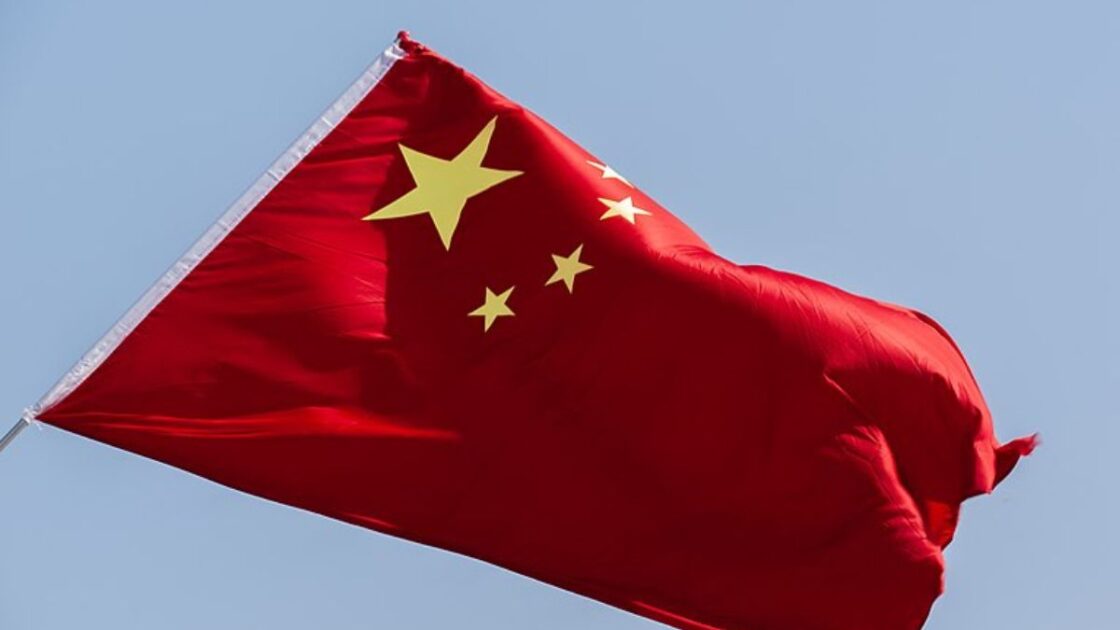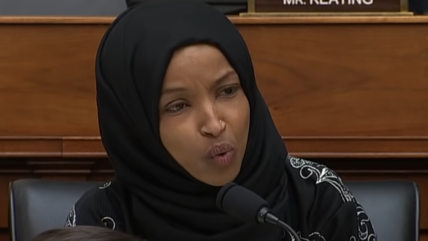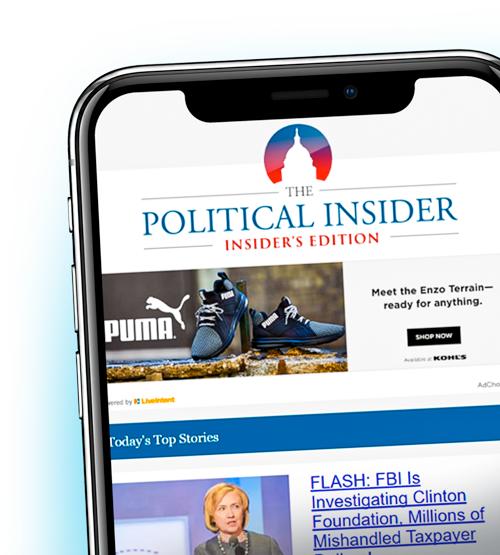Opinion

By Chris Fenton for RealClearPolitics
In the dynamic global entertainment landscape, Beijing’s influence on Hollywood has long been the subject of heated discussion. As the Chinese market’s box office power has waned, restoring a breath of creative freedom to our filmmakers, a new and more pervasive form of influence is looming in Hollywood and far beyond: TikTok.
Beijing may have lost its influence on the theatrical market, but it has more than made up for it with an overbearing social media presence that has become an epidemic, not just in Hollywood but across the United States. Indeed, the chairman of the Congressional Select Committee on China, Rep. Mike Gallagher (R-WI), accurately labels TikTok “digital fentanyl” and has aggressively campaigned to ban the social media app.

As a media executive and storyteller attuned to the intricate dance between creativity, commerce and geopolitics, I have watched Beijing’s influence on Hollywood storytelling change shape. TikTok, a platform that is deeply rooted in the fabric of American youth culture, is at the forefront of this transformation.
It’s not simply a social media app; it is a powerful tool of influence, information, data collection, commerce and creativity. One that has far surpassed traditional broadcast networks in terms of reach and impact on America’s youth. However, unfortunately for the well-being of our great nation, TikTok is under the control of the pernicious government of a non-allied nation.
Here in Hollywood, the conversation is no longer about market access and box office numbers within the PRC. That Golden Goose is cooked. Instead, it’s about the same platforms we use to create, promote, and share content here in the United States and elsewhere. When TikTok is mentioned in those discussions, China inevitably comes up. After all, TikTok is a platform owned by a Chinese company, operated under the jurisdiction and supervision of Beijing and, as a result, closely scrutinized by Washington.
The app gives Beijing the ability to understand, control and influence Americans far beyond just Hollywood content. In fact, the platform is far more harmful in the way it shapes the opinions and perspectives of adults under 30 or, in other words, future generations of Americans.

According to Pew Research, a third of people under 30 rely exclusively on TikTok for news, and Beijing can limit, amplify or completely censor exactly what the app distributes as “news.” Yes, TikTok’s multitude of lobbyists, PR staff, and lawyers argue otherwise, but the platform has been caught contradicting itself too many times. It is almost certainly Beijing that dictates the law.
Understanding this, our rival’s nefarious activities across the Pacific now appear gravely harmful to American interests, especially in an election year. Beijing will almost certainly use TikTok to study voter data and control the flow of information and news, attempting to dictate the results of the 2024 elections.
In December, the New York Times said, “experts are calling next year the ‘TikTok election’ because of the video app’s growing power and influence. TikTok… has increasingly become a source of news for millennials and Generation Z, who will make up a powerful part of the electorate.”
What’s worse, research by Securing Democracy found that 30% of major party candidates in Senate elections used TikTok accounts as part of their campaign strategies in 2022, and the number is likely higher today.
Logic points out the obvious. TikTok should be banned. And before those who oppose such a ban even try to invoke the “Free Speech/First Amendment” argument, there is a simple and effective answer. In the United States, the Federal Communications Commission prohibits control of American broadcast networks by hostile foreign governments and entities linked to them.

The ban is based on the firm belief that we must protect our national narrative and cultural sovereignty from nations that seek to undermine or divide us. The question, then, is: why should TikTok be an exception? Why allow a foreign-owned entity such deep access to the psyche of our youth, the perspectives of our voters, and the heart of our creative industries, especially since Beijing deems the global app not worthy of access even in the his own nation?
Banning the app is simple, prioritized, and frankly, extremely necessary. This is not a call for censorship, nor an indictment of the vibrant creativity that TikTok has fostered among millions of users. It is a call for coherence in our policies and the protection of our national interests.
Prohibition may seem destructive, but instead it entails minimal costs and substantial benefits. It will push Hollywood back into American-owned and controlled platforms, ensuring that our content and the means of its distribution remain free from the shadow of foreign manipulation. It is also a long overdue nice act of reciprocity in the bilateral relationship. Beijing has tipped the scales in favor of its domestic players by stifling or banning foreign competitors within the PRC. Why not do the same to allow Instagram, Twitter, or some other innovative American social media platform to capture the market that TikTok vacates?
Some might argue that TikTok is too entrenched to eradicate and that banning it would be too great a loss for users who have built communities on its platform. But let’s not underestimate the resilience and ingenuity of our creative community. Hollywood has always been at the forefront of change, pioneering new ways to tell stories and connect with audiences. In the absence of TikTok, other platforms will arise, fostering an ecosystem that will thrive on the values and freedoms we hold dear.

Let’s seize this opportunity. Let’s safeguard the creative freedoms that have made Hollywood a beacon of storytelling around the world, and more importantly, let’s protect the integrity of American elections and advance American technological ingenuity.
It’s time to ban TikTok. Or we should simply allow Beijing full control of our transmission networks too.
Chris Fenton is a longtime media executive, producer, and author of “Feeding the Dragon: Inside the Trillion Dollar Dilemma Facing Hollywood, the NBA, and American Business.” As an informal advisor to the Congressional Select Committee on China and a member of the US-Asia Institute, the Council on Foreign Relations, the National Committee on US China Relations, and the Third Way Think Tank, he founded his own company, FENTON · International Business Strategy & Communications to help the private sector and Washington manage America’s complicated relationships with non-allied nations. Follow him on X @TheDragonFeeder.
Reprinted with permission from RealClearWire.
